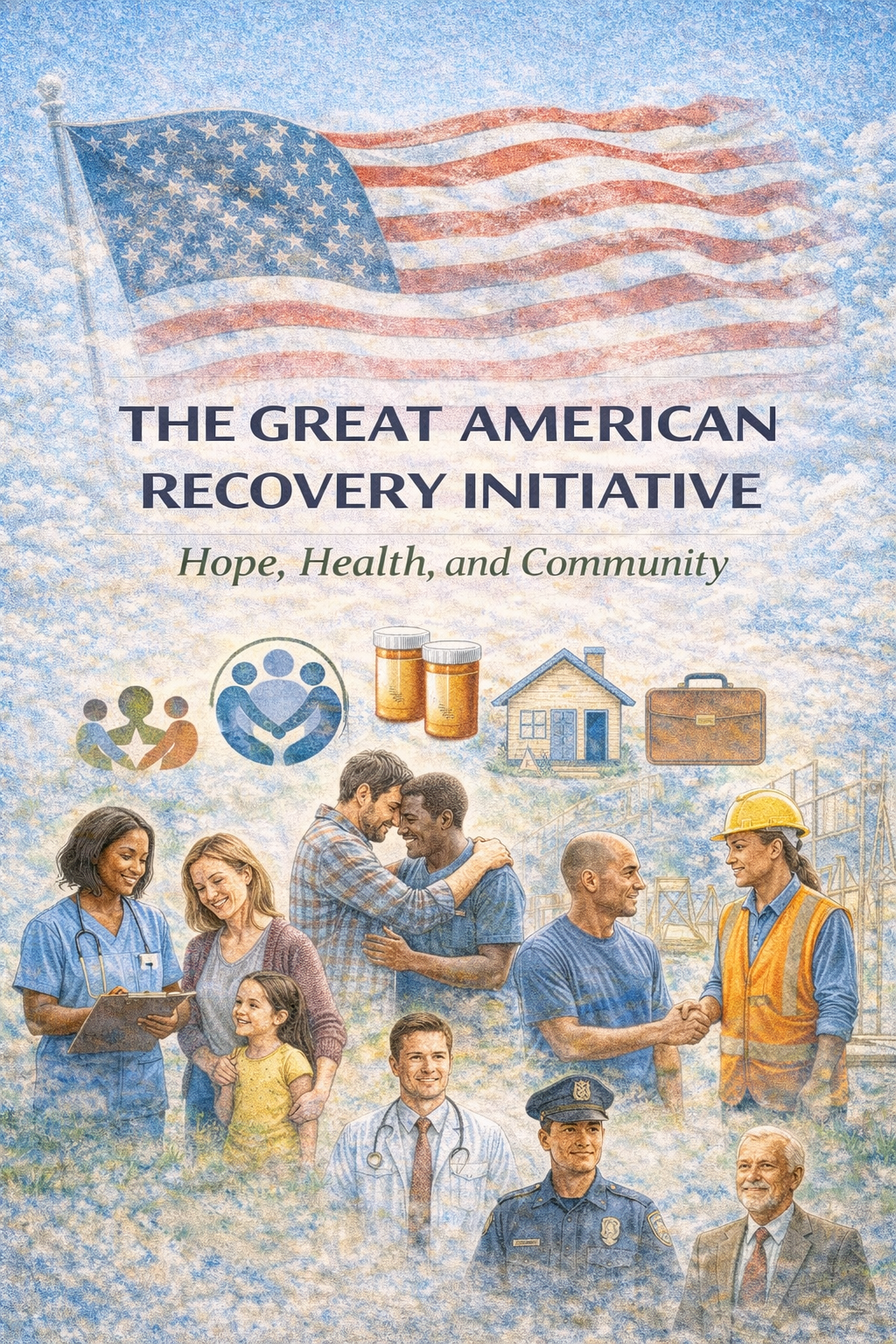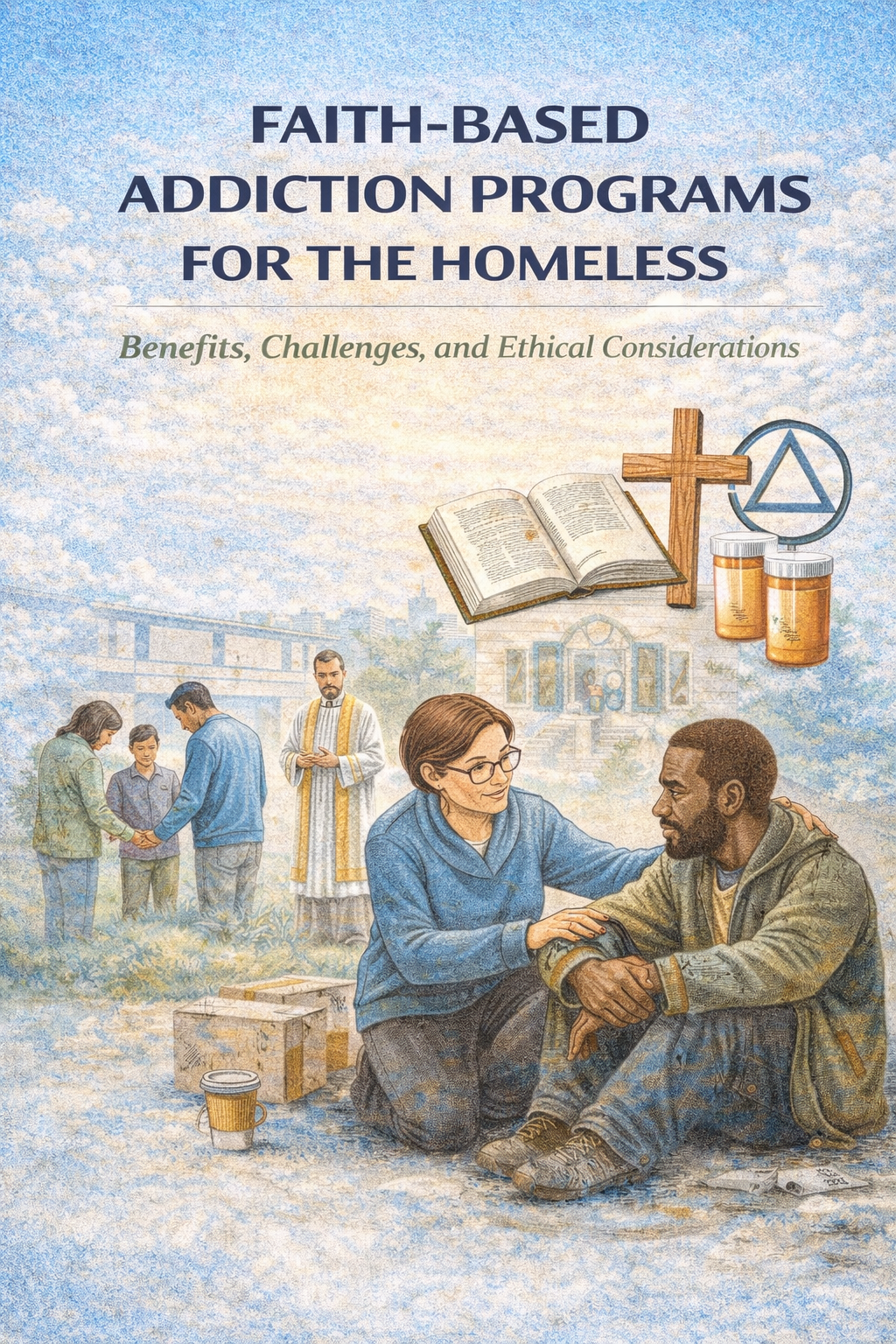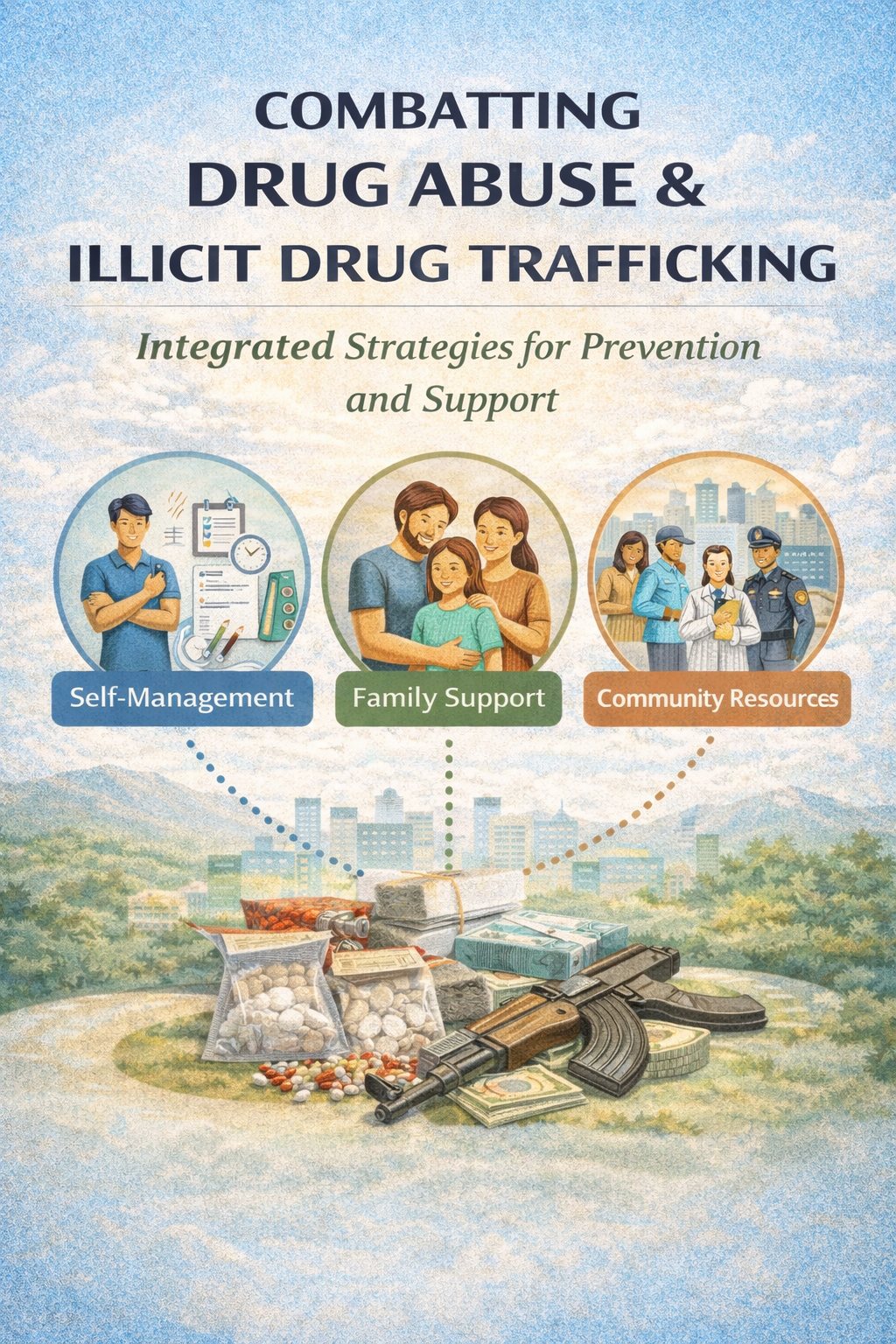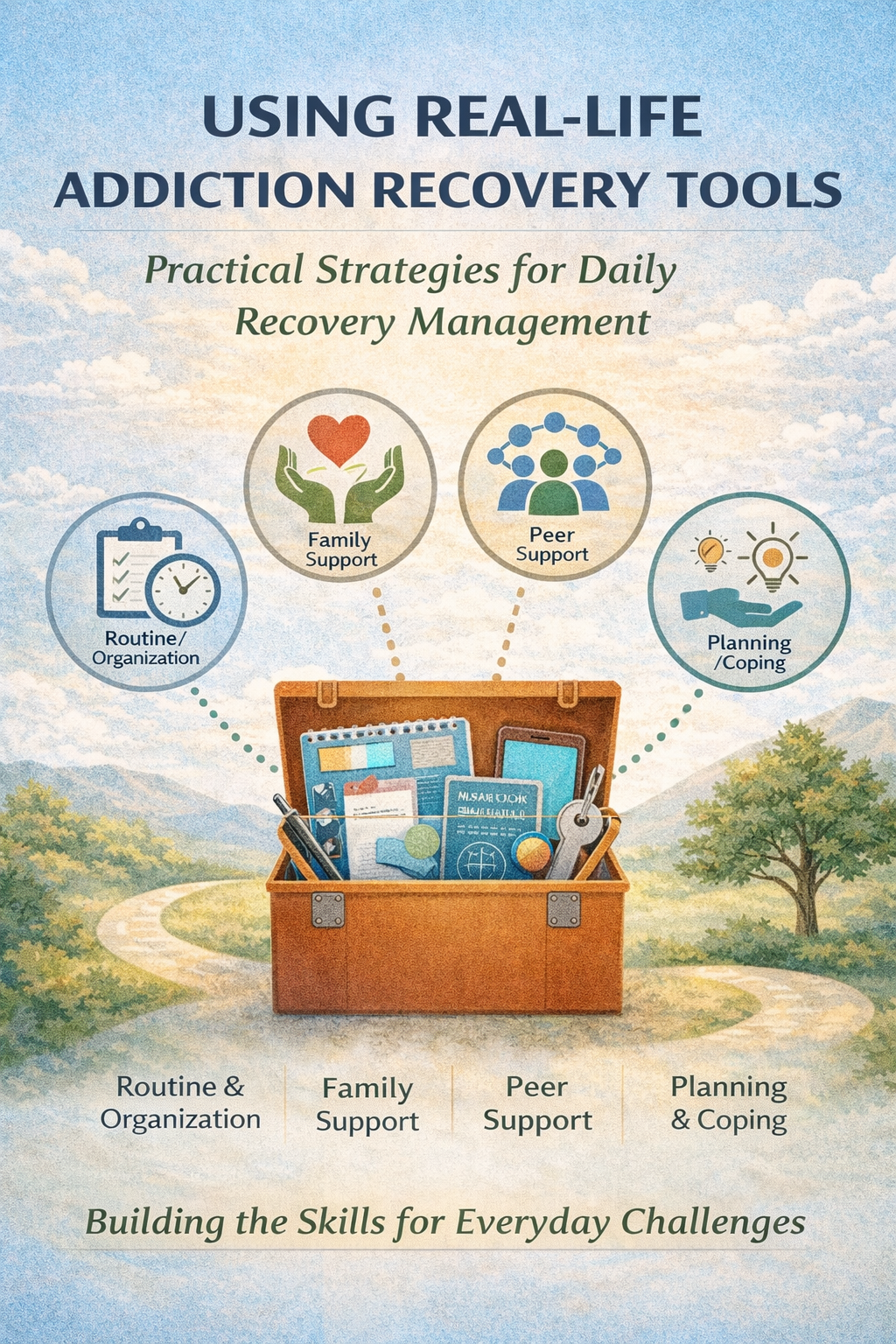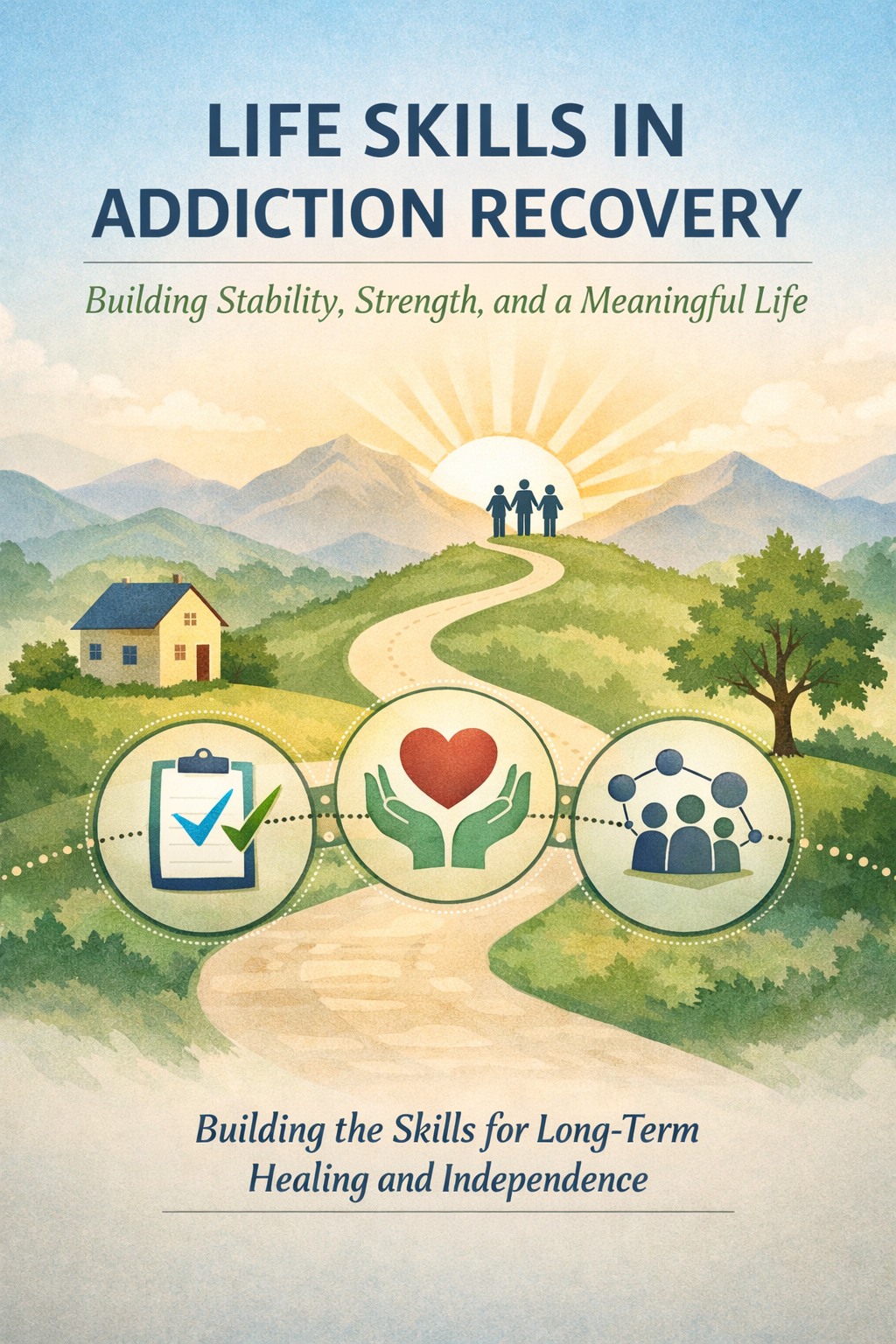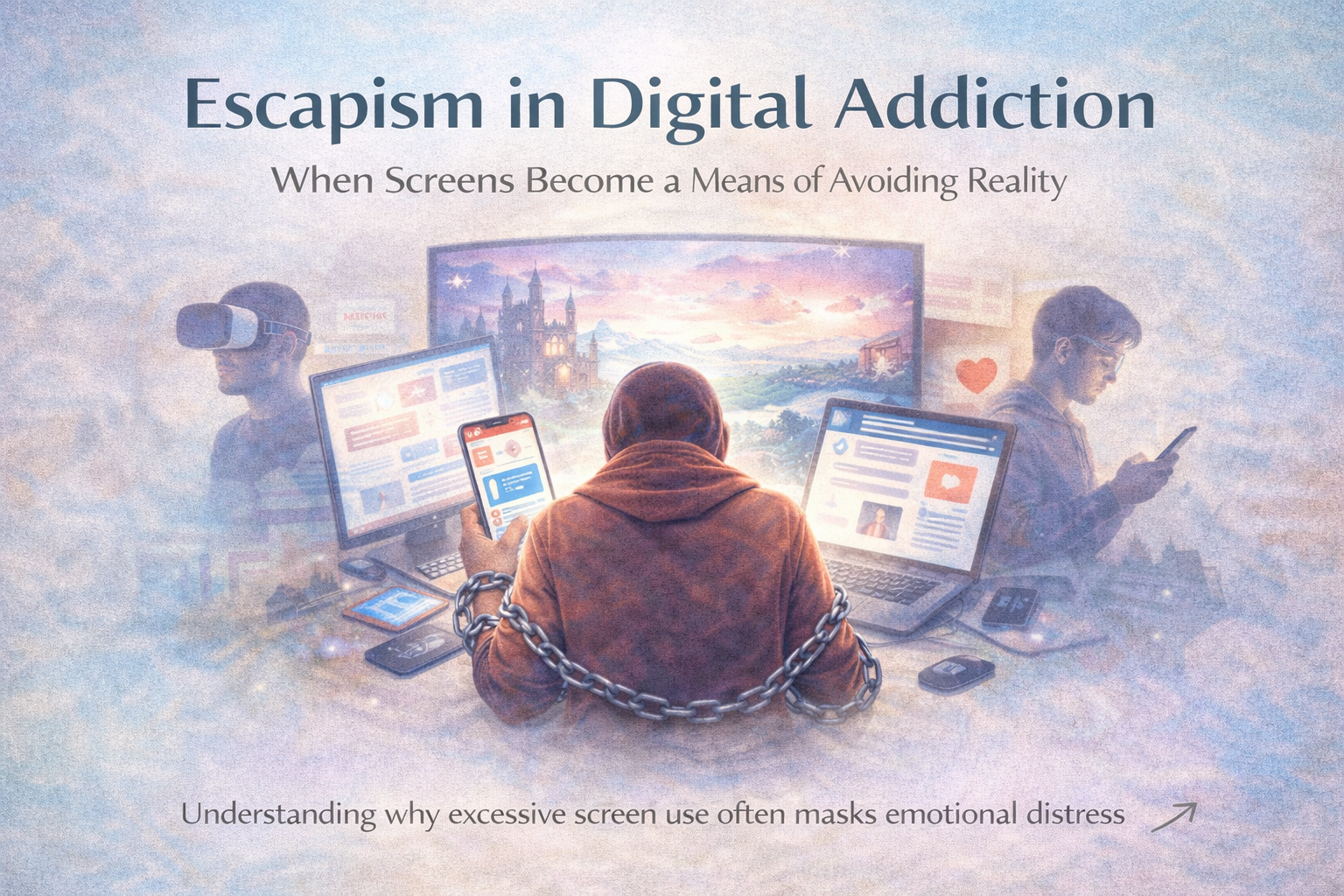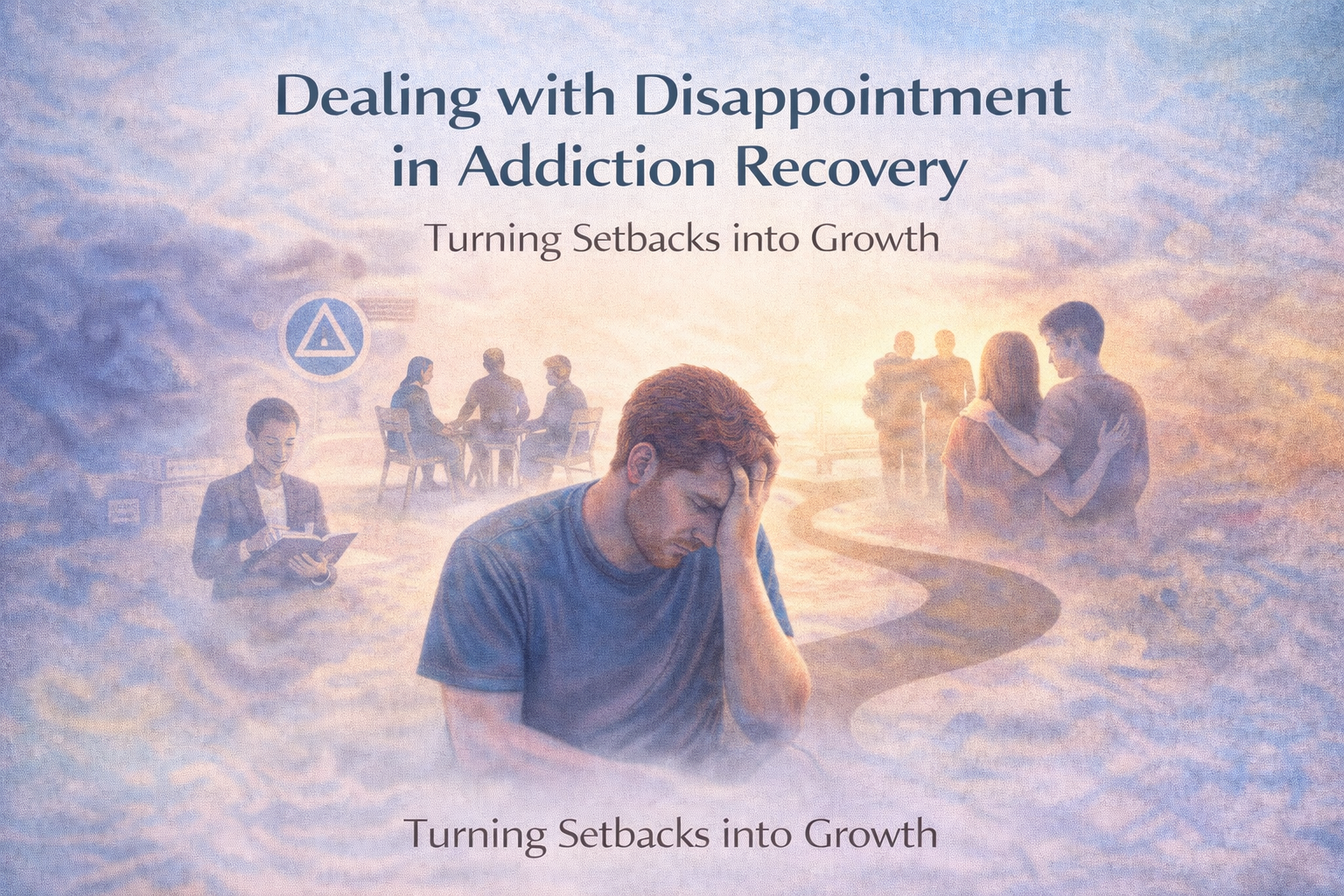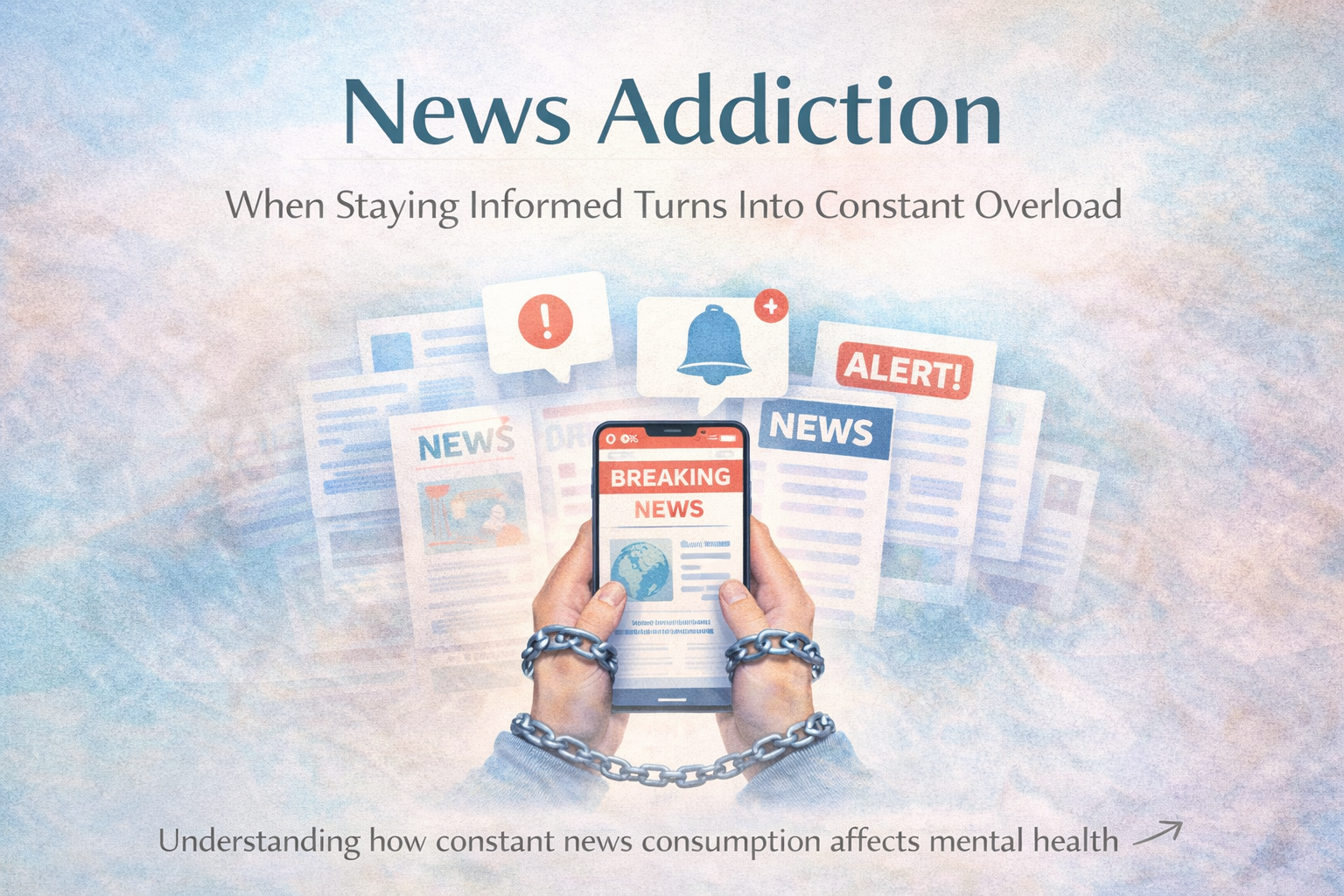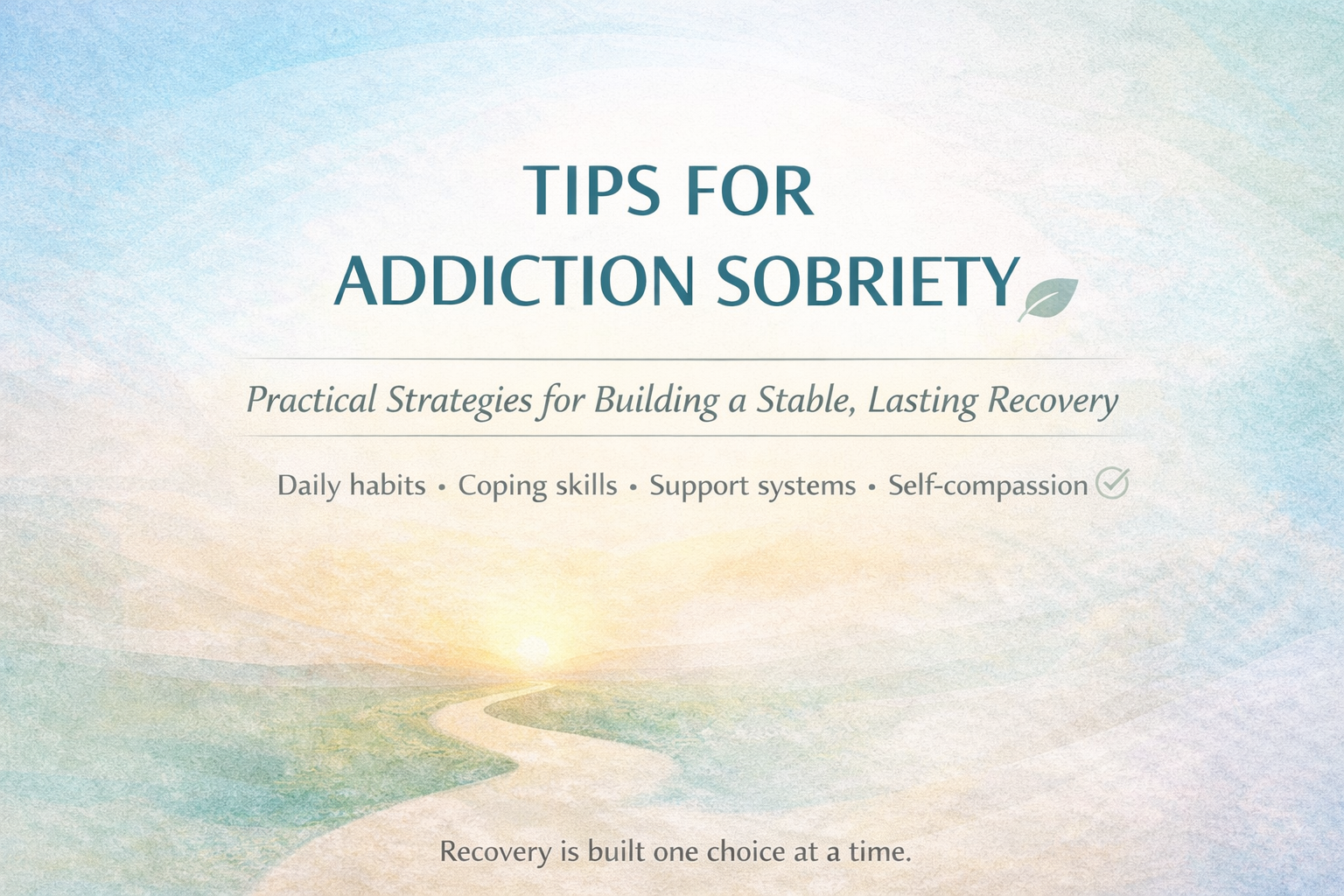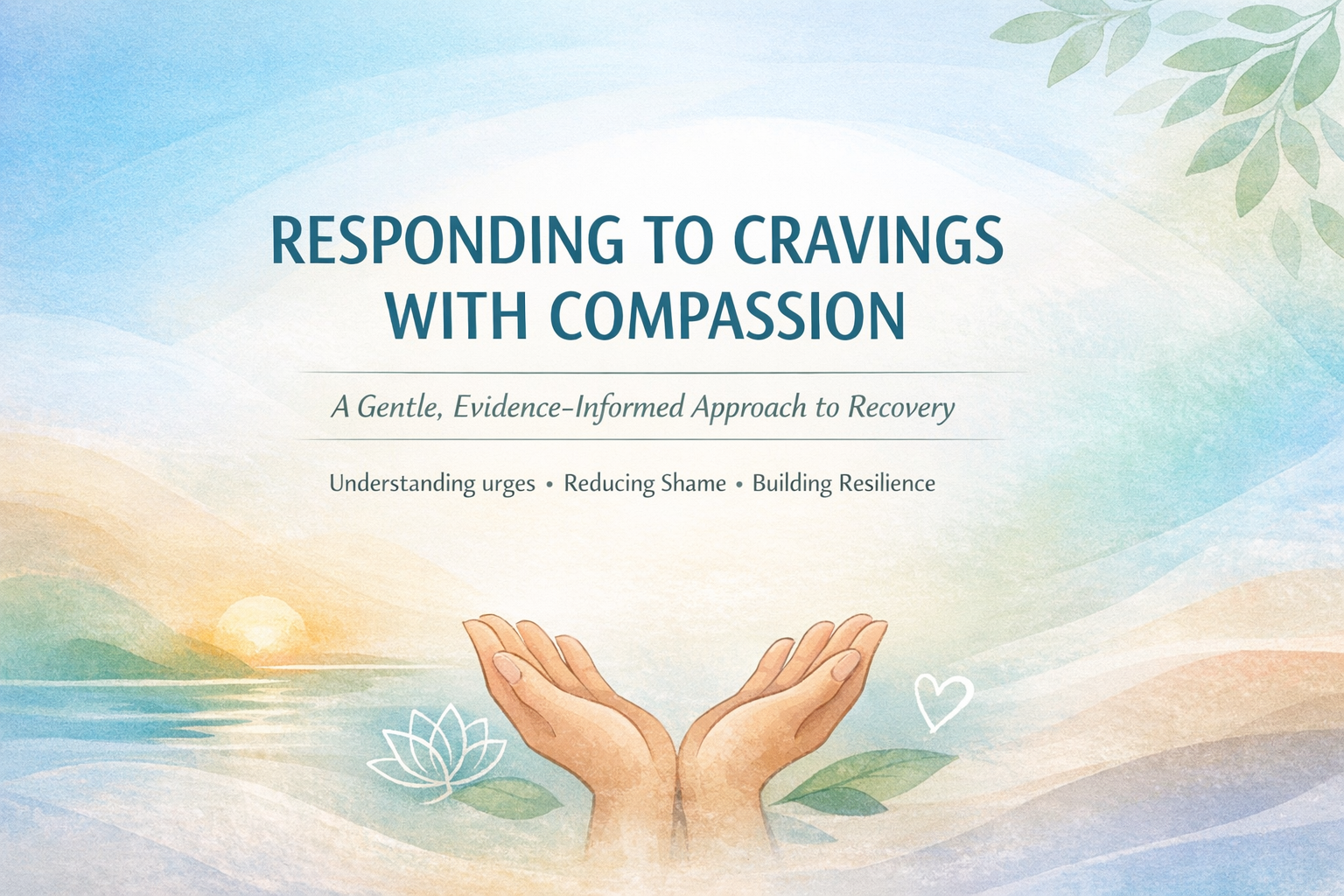The American Recovery Initiative
The Great American Recovery Initiative represents a broad, recovery-oriented effort to address addiction as a public health and community issue rather than solely a criminal or individual failing. Its strengths include promoting hope, expanding access to treatment and recovery supports, encouraging cross-system collaboration, and reducing stigma through a long-term recovery framework. At the same time, … Read more
